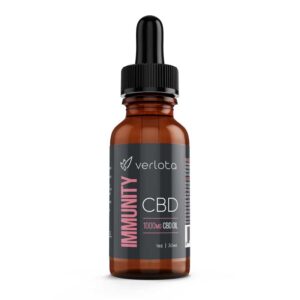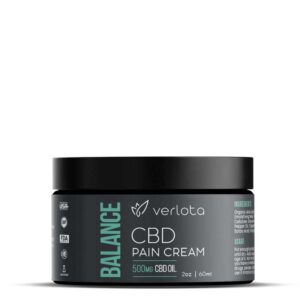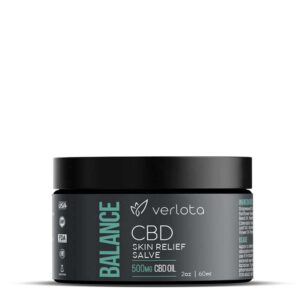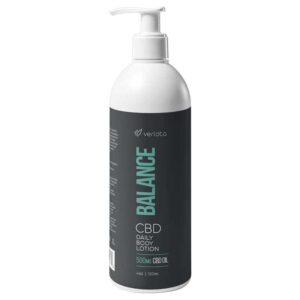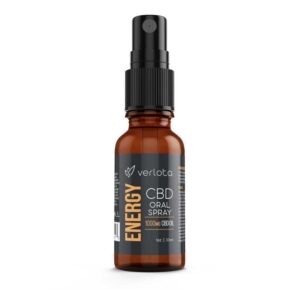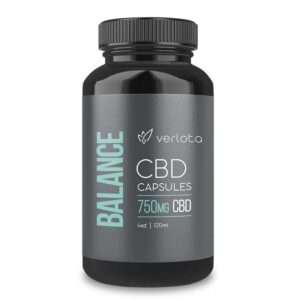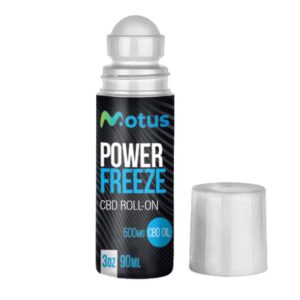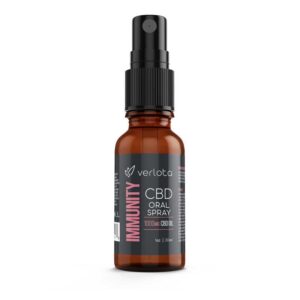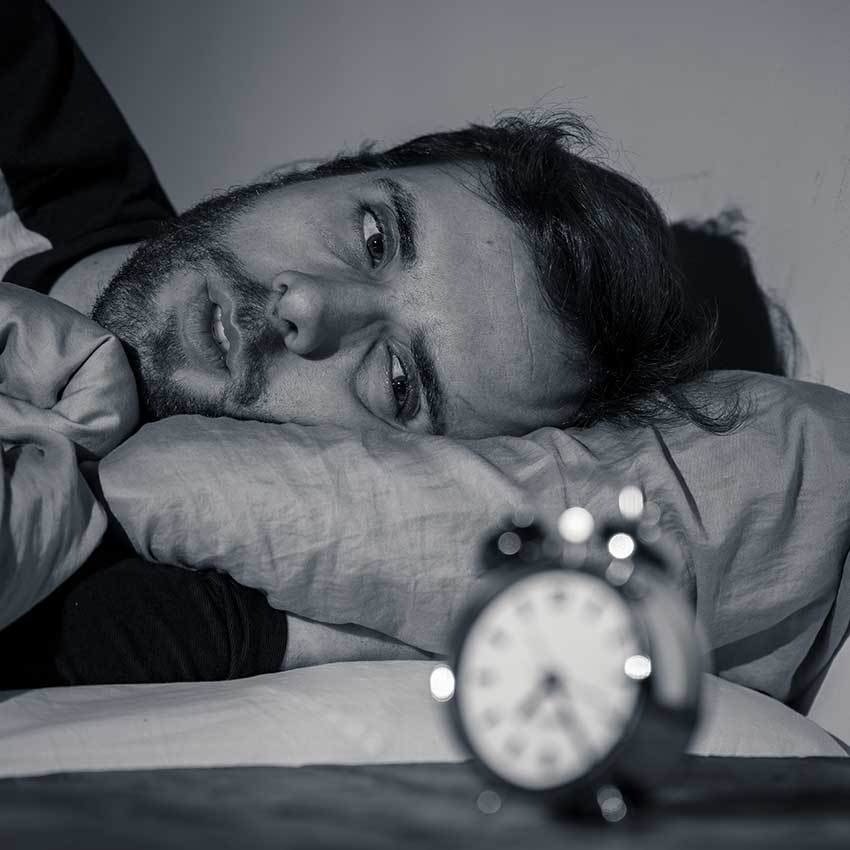
Picture this: you’re dreaming one of those lucid reveries where everything feels heightened, intense or extremely realistic. In this vivid dream, you see yourself as if you’re having an out-of-body experience – you’re in the midst of a very deep, very restful sleep and you’ve never looked more at peace in all your life.
Then, after lucidly coming to terms with how rested you are, you wake up suddenly to a completely opposite environment:
Your alarm is blaring in your ear…
It’s 6:30 am, time to haul yourself up and get ready for work…
You only slept 3-4 hours AGAIN last night…
You’re definitely not rested or recharged enough to face another busy day at the office…
The calm lucidity you felt in your dream just moments ago is promptly shattered by the reality of your lack of sleep. Will you ever feel as relaxed, at-peace and satiated as you were in that beautiful dream? Or are your nights doomed to be a cyclical nightmare of red-eyes and fatigue?!
Sleep is something we all do every night, but you’d think with that amount of practice that we’d be a lot more perfect at getting sufficient R&R. Whether you struggled with sleep deprivation issues or suffer from a diagnosed, sleep-related condition, insufficient frequency & quality rest is more common nowadays than getting enough shuteye.
By the time we’re career-bound adults, a growing majority of Americans only sleep between 6-6.8 hours every night. Approximately 35-40% of adults in the U.S. are reported to sleep below the recommended 7 hours per night (The Good Body, 2018). These staggering figures only continue to climb towards an inevitable sleeplessness-epidemic affecting children, teenagers, adults and seniors.
To put this into context, in the early 1900’s the average bedtimes were far earlier than they are today, and on average a full-time working adult was getting 9 hours of consistent sleep throughout the week (The Good Body, 2018). Fast forward to modern days (or nights, in this case), and it’s clear to see that insomnia and other sleep disorders are becoming systemic.
Insomnia is listed as one of the most prevalent health issues facing a growing number of people today – 60+ million Americans suffer from the symptoms of insomnia, and their numbers continue to increase each year. Tack onto these staggering statistics the expanding number of cases of sleep apnea (23 million Americans), and you might start to wonder aloud: who IS getting enough sleep in this day and age?!

The more we learn about the problems people are having with their sleep, the more we might think of sleeping 8 hours a night as an unattainable dream. Nevertheless, we’re confident that with some further reading, research and some strategic sleep planning you’ll turn your ‘better sleep fantasy’ into your everyday reality.
You CAN improve sleep quality & consistency. It’s NOT IMPOSSIBLE to learn how to sleep better. There ARE MANY things to help you sleep that you can do on a budget or without changing your lifestyle drastically.
We know you’re anxious to unlock the secret to a good night’s sleep, and we’re anxious to be your guide beyond the veil of sleep. Understanding how to get better sleep starts with learning how your mind & body works, and it continues with some simple yet effective methods for improving sleep quality & consistency.
Button up your coziest pajamas, slip into those extra-comfy slippers and put your night cap on top of your thinking cap, because it’s time to rethink how you sleep with Verlota.
BETTER SLEEP STARTS WITH WAKING UP TO THE CAUSES & EFFECTS
Whether you’ve had a proper sleep disorder diagnosis or not, most of you reading this will likely be familiar with some of the sleep-related ailments and their symptoms. As stated previously, sleep issues are one of the most prevalent health problems of our time and the list only continues to expand.
Before we identify what you can do to improve your sleeping habits, it’s important to understand the underlying causes for your sleep-related problems. You could argue that almost any health-specific issue could be cause for poor sleep, and vice versa lack of sleep can contribute to many symptoms of a number of ailments.
Nonetheless, there are approximately 6 major causes for sleep deprivation and poor quality/consistency of sleep that plague many tired individuals today. Let’s pull the covers back on these six prominent causes for lack of sleep and determine how/why they might be impacting your ability to sleep soundly.
6 Major Causes for Sleep Deprivation & Disorders
6. Poor Diet
Diet & nutrition are basically crucial to any facet of your overall health, and sleep is no different. What you put into your body is what you get out of it, in both the short- and long-term, so you have to be consistent, be educated and be proactive with what foods, drinks and supplements you are consuming. What you eat, how much, and how often will certainly affect how you sleep at night, but obesity and diabetes are also symptoms of poor quality sleep.
Obesity in children/adults, diabetes, glucose intolerances, cardiovascular diseases and hypertension can all occur if you’re failing to sleep the minimum 7-hours a night on a consistent basis[1]. On the other side of the bed, being overweight, ingesting too many high-fat/high-sugar and salty foods in combination with lack of exercise can play significant roles in reducing your body’s ability to sleep deeply enough to achieve REM’s or stay asleep long enough in order to feel rested.
So, maintaining a healthy, balanced diet of all the pertinent food groups will be one of the most significant contributors to good sleep. However, don’t forget about how much you’re eating and what time of day – it’s all about striking a balance and sticking to that equilibrium over time.
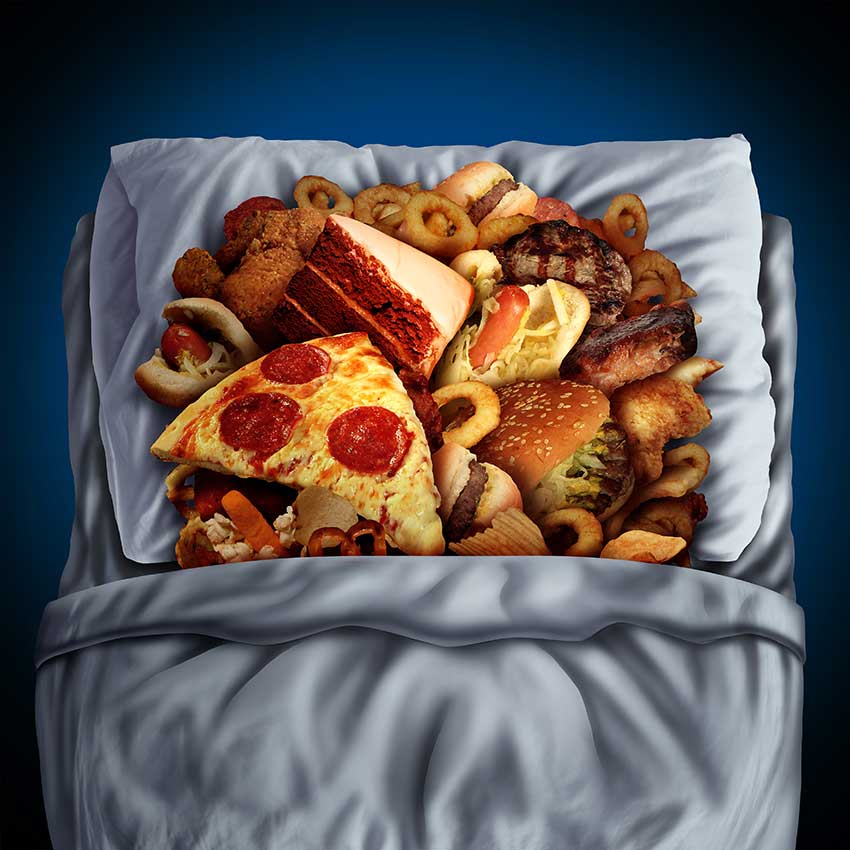
You’re going to hate this phrase by the end of this blog, but always remember the importance of B&C – Balance and Consistency.
Not drinking enough water or staying hydrated throughout the day (specifically in the hours leading up to your bedtime) can also contribute to forced wakefulness or restless muscles. Also, what you drink before bed has an absolutely critical effect on your ability to sleep. The obvious ones like drinking caffeine in the afternoons/evenings, consuming large amounts of alcohol too late, or even drinking sugary sodas or juices before you sleep can keep you awake far into the night.
Many herbal teas and supplements have been shown to benefit your sleep by settling your mind/body into a suitable state for rest, but we’ll get into what kinds of tips & tricks you should try later on in this article.
5. Lack of Physical Activity
We bet you know what we’re about to say… Are you ready? Two of the keys to improved sleep is to find a balance of physical exertion and to exercise at consistent intervals throughout the week. (We told you you’re going to be sick of the words “Balance” & “Consistency”!).
It might sound too simplistic, but a major part of sleeping well is to keep your body in good shape and to stimulate your mind with activity. Aerobic forms of exercise (sports, cardio, weights or calisthenics) generate endorphins in your blood, which can cause you to feel energized and very awake.
Now, we’re talking about falling asleep better, not feeling energized so why would we WANT these endorphins?! There is a general 1-2 hour period after exercise where endorphins running through your body will have you feeling awake and eager for activity. Then, post-exercise-rush, your body will seek to replenish any lost nutrients through food or drinks, followed by your brain, muscles and major organs seeking to rest in order to recharge your energy supply.
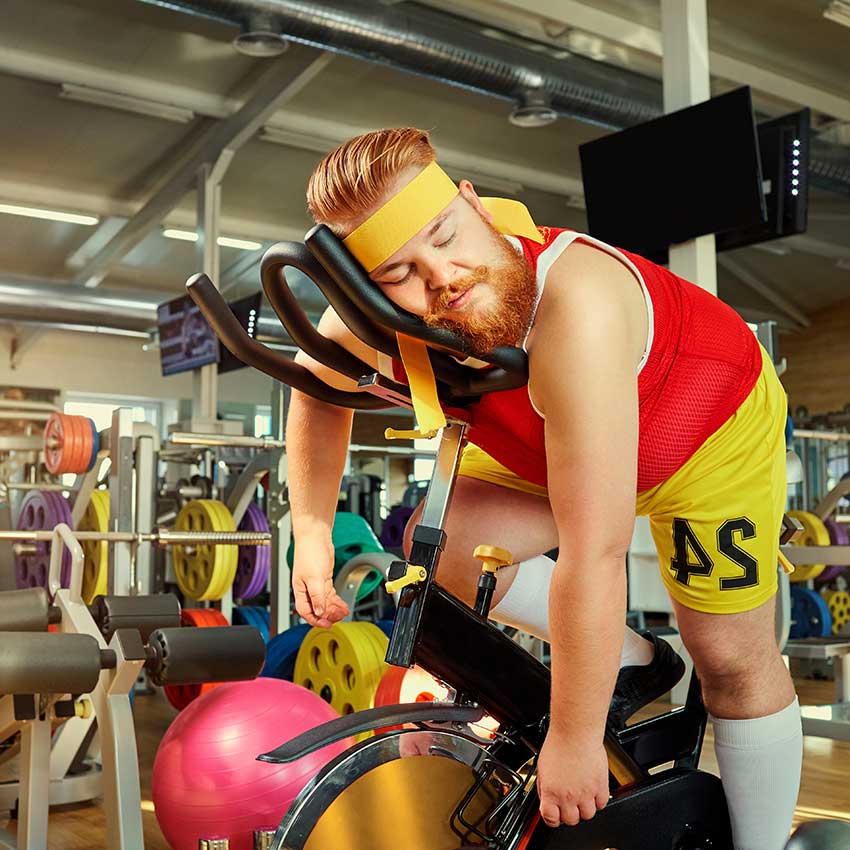
Just a moderate amount of physical exertion – 30 minutes to an hour – can make you feel more awake in the morning as it raises your core temperature, but it can also help your mind & body be more ready/willing to commit to sleep at night. If you’re exercising late at night because your busy schedule doesn’t leave much time between the gym and bedtime, do your best to avoid eating before you go to sleep.
Your body is going to want to replenish itself after burning calories, but if you stick to drinking shakes or enriched fluids you won’t be kept up from your digestive system working overtime.
In the same vein of thought, remember that you’ll likely struggle to fall asleep right after doing physical activity. So, if you don’t already have a bedtime routine you might want to implement a shower -> drink some tea -> read or listen to music (no screen time!) -> brush teeth regime, or something similar. This hour-plus routine will allow your endorphins to run their course and lets your mind/body settle into pre-sleep mode.
Physical activity also goes a long way towards balancing our moods and preventing episodes of anxiety or depression – two prominent detractors from how well we’re sleeping day-in, night-out. We’ll touch on mood & anxiety/stress disorders later on in this list, but keep in mind that your mental health can be greatly influenced by your physical activity. An active body begets a sharpened mind, and both contribute to falling asleep as soon as your head hits that pillow.
4. Chronic Health Conditions
If you suffer from chronic pain, inflammation, nausea, skin irritation and more, you’re likely already all-too-familiar with sleep deprivation. Insomnia, an inability to achieve REM sleep and general fatigue are all common symptoms of many debilitating conditions like arthritis, MS, IBS, epilepsy and cancer.
It seems like sleep is one of the most commonly affected areas of your health whenever you fall prey to injuries or illnesses, and for many it’s further down the list of things they need to cope with their conditions.
Sometimes it’s not even the disorder itself that causes you to lose sleep but the treatment itself. Many medications and even some health supplements can cause insomnia as one of their many side effects.
So, if the ailments cause sleeplessness and even the remedies can compound the seriousness of your sleep deprivation, how are you to overcome your tiredness and let your mind & body heal?!
This is where many people who have chronic pain, inflammation, nausea and other symptoms will have to rely heavily on sleep supplements like melatonin, CBD or sleep-inducing herbal teas.
You always have to be extra careful when combining medications with supplements, and vice versa. Nevertheless, if your body is in dire need of deep sleep and you’re physically not capable of sleeping consistently on your own, relying on safe/natural sleep supplements might be the answer for you.
Again, we’ll touch on the kinds of products you can try to get better sleep later on in this article, but the main takeaway from this mention is to not be afraid to turn to sleep remedies if you’re struggling with a serious health condition. It cannot be overstated how important sleep is to the healing process, so whatever you can do to improve sleep conditions, the more success you’ll find at overcoming illnesses and injuries.

3. Neurological Disorders
Stress, anxiety, depression, bipolar disorder and a number of other neurological conditions are known to count insomnia and sleep disruption among their many symptoms. Insomnia is so prevalent among patients suffering from mental disorders that studies have reported almost half (40%) of individuals with a neurological condition may experience insomnia[1].
Negative moods, thoughts and behaviors can have significant impacts on how you’re able to fall asleep, stay asleep and sleep consistently over time. Depressive moods might not seem like an obvious instigator for poor sleep quality & consistency, but how you feel will undoubtedly impact your choices throughout the day, which in-turn influences how you sleep.
If you’re not feeling well mentally, physically, emotionally or even spiritually, your sleep will undoubtedly suffer. We often don’t lend enough credence to our emotional wellbeing, but there’s no denying how influential your moods & behaviors can be to your health.
Similar to the ramifications of chronic disease medications, some neurological treatments (i.e. antidepressants) are known to have many negative side effects of long-term use. These sorts of conditions can also be quite difficult to treat naturally or holistically, so the majority of people who suffer from these disorders are reliant on potentially harmful medications like antidepressants.
These circumstances force many people under the weight of neurological disorders to add things like sleeping pills, melatonin, cannabis and other substances to their routines. Some, like melatonin capsules, magnesium, and phytocannabinoid products can be very safe & effective even when combined with medications, but it’s not always the case.
The inability to fall asleep can be cyclical with bad moods, anxiety and depression – one causes the other, but can also be a symptom of one another. It’s extremely important that you’re careful with how much sleep products you take in conjunction with medications for other conditions.
When you find a suitable Balance of treatments with the right Consistency of benefits, your neurological disorders can stop being the cause of your insomnia, and vice versa.
[1] https://www.sleepfoundation.org/insomnia/what-causes-insomnia
2. Work
Work is most certainly one of the most prevalent causes of poor health, but when it comes to sleep it’s one of the most dominant detractors from your ability to rest. We all lead busy, complicated lives – and that’s just at home! Factoring in the amount of time, energy, pressure, stress, mental/physical strain and a myriad of other tiresome factors can make work the worst part of your day (even if you love your job).
Whether you have a physically demanding job or a mentally taxing one, sleep is probably the thing you most commonly sacrifice in order to get more done in a day’s work. The daily grind is part of everyday life, and you need to hustle in this day and age to earn enough to do what you want. Not earning enough money is one of the top causes of stress, anxiety or depression today, but even if you’re raking it in you still might be suffering from another strongly linked cause for depression – lack of sleep.
The links between sleep deprivation and depression are so prevalent that a recent study found that 75% of people who suffer from clinically diagnosed depression also experience significant troubles sleeping[1].
How does this affect your work and its relationship to sleep? If you’re struggling to get enough sleep, you’re not going to be at your best at your job/career. Juxtapose this with the fact that work itself is a major cause for stress, anxiety or depression which in-turn can keep you awake at night, and it’s clear to see the adverse, cyclical relationship between work and sleep.
Since work days can vary greatly from one profession to another, it’s not as easy as saying “sleep 7 hours a day, and you’ll be fine”. For some, an office job is 9-to-5, Monday to Friday, so sleeping consistently might be easy to accommodate alongside their consistent work schedule. For many others, work can go from 0 to 11 overnight. Project deadlines, travel, overtime, presentations, tradeshows, you name it – there are so many things we have to get done before we can even contemplate eating properly, let alone getting any sleep.
The struggle is real when it comes to balancing work with life, especially when you add sleep to this mix. Learning how to sleep better on workdays is easier said than done, but it’s essential to not only surviving the work-week, but thriving in your chosen occupation.
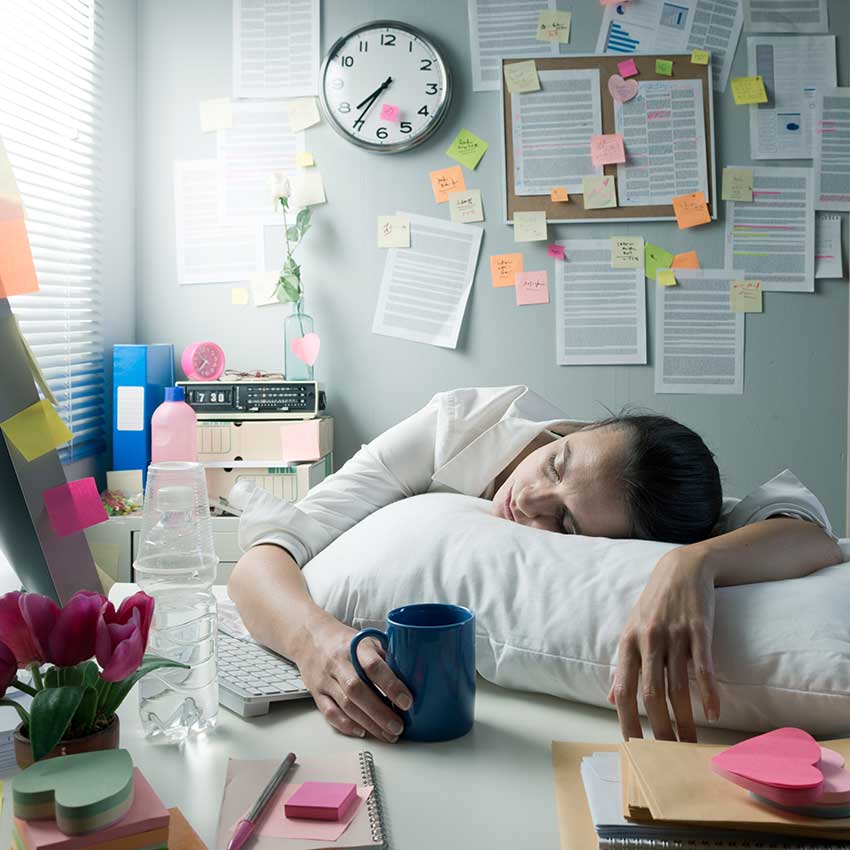
1. Lifestyle
This is an obvious one – how good/bad you sleep at night will most significantly depend on how you spend your days. Finding enough time each day to do what you love, with who you love, as often as you love to is one of the most fundamental quandaries of all.
Who honestly has enough time in a day to fit everything you need/want to get done? Anyone who says that they do is either exaggerating, or they’re one of those life-coach gurus who have seemingly figured everything out.
Things like leisure time, physical & mental stimulation, spirituality, and the time you spend learning new things or honing your skills can factor into your lifestyle choices. Ultimately, it’s not what you do in your day-to-day life that matters, but what’s truly important in terms of how it influences your sleep is how much time you spend doing it.

Time spent with friends, family and colleagues is definitely a major cause for lack of sleep because many of us realize at an early age that life is short, so it’s important to spend what time you have with the people you care about most. The number of hours you spend playing video games, watching TV, or browsing on your phone are absolutely crucial examples of how one’s quest for fun, entertainment or knowledge (respectively) can have negative effects on your ability to sleep.
Then, when you factor in things like time spent grocery shopping, cooking, cleaning, organizing and all the other items we have to cross off our lists in such limited hours, it’s clear to see that the ways in which we live in this modern world are primarily responsible for our red eyes and tired minds.
Time is never on our side, and it may seem like the only way to get some time back for the sake of getting enough rest means sacrificing the things that make us happy, or time with the people we love.
As ever, finding the balance that works best for you and consistently sticking to that work-life-play balance is your best bet to managing the hours left in your day to sleep properly.
These are general principles that can help you do better, feel better and ultimately sleep better, but what are some of the specific practices you can try to boost your quality & consistency of sleep? Let’s write some down before we doze off into a deep sleep and pleasant dreams.
TRY THESE THINGS TO HELP YOU SLEEP
Since we’ve already covered some of the primary causes of your poor quality/inconsistent sleep, now we can begin to understand the cause-effects relationship between better sleep quality & consistency. Learning how to get a good night’s sleep isn’t so difficult when you mitigate the potential causes and optimize your positive sleep behaviors.
What is a positive sleep behavior? To put it simply, anything you can do to promote balance & consistency in your pre-sleep, during sleep and post-sleep routines can be considered to have a positive influence on your overall sleeping experience.
Always doing yoga after dinner (or dessert) an hour or more before bed to release endorphins and feel mentally/physically at-ease is an example of a positive sleep behavior.
Another positive sleep behavior is to make sure you’re drinking enough water throughout the day, and not binge-drinking it later in the afternoon/evening to prevent you from being woken up for midnight trips to the bathroom.
Limiting your caffeine intake to only the mornings (or not at all!) is another example of a positive sleep behavior.
On the other hand, drinking a midday or afternoon coffee to get you over the hump at the office is undoubtedly a negative sleep behavior. Similarly, consuming alcohol before bed, eating junk foods too late, or not getting enough physical/mental stimulation throughout the day will certainly have negative impacts on your ability to sleep soundly.
Returning to our 6 major causes of poor-quality sleep, let’s consider some of the most useful positive sleep behaviors in conjunction with each cause of sleeplessness.
POOR DIET & LACK OF EXERCISE: Eat, Exercise, Sleep… Repeat
Eating specific foods for sleep support is an excellent idea, however you should not rely solely on late-night snacks of these sorts in order to sleep well. Eating before bed is generally accepted as having negative impacts on the quality of your sleep. By activating your metabolism and forcing your body to spend energy digesting foods right before bed, you’re essentially not allowing your body to rest.
- Try to eat less, late at night (avoid sugary, fatty or salty foods before bed)
- Only drink things that will help put your body in the right state of rest & relaxation (non-caffeinated teas, CBD and/or magnesium-powder in water, etc)
- Eat consistently throughout the day (smaller meals at regular intervals)
- Drink lots of water throughout the day/night, stop 1-2 hours before bedtime
- Introduce CBD, melatonin or other natural supplements into your nighttime routine
Speaking of being active, not getting enough physical or mental activity can seriously diminish your ability to fall asleep or sleep deep enough to get those all-important REMs. To ease your mind & body into the right state of restfulness you need to make sure you’re using up those reserves of energy.
- Avoid being sedentary as often as possible (get up and move, stretch, exercise throughout the day)
- Make sure you wake yourself up in the morning with a bit of activity, follow that up with exercise in the afternoon/evening, but allow sufficient hours of rest & relaxation leading up to bedtime
- Try not to overdo it at the gym, while playing sports, etc (sore & swollen muscles will keep you up at night!)
- Follow up every workout/exercise with proper hydration, a protein-rich snack and a balanced diet throughout the day
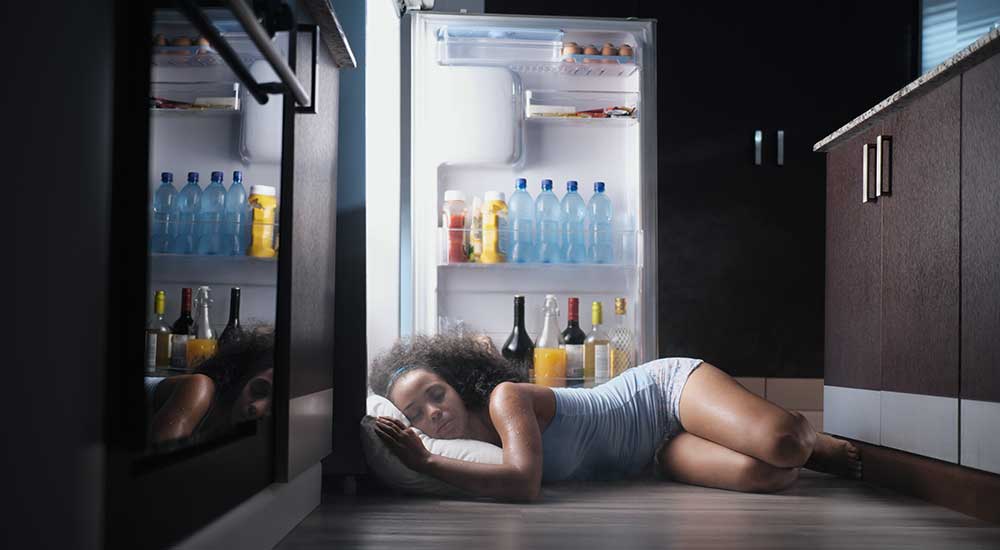
CHRONIC HEALTH CONDITIONS: Hit The Snooze On Your Aches, Pains, Swelling & Discomfort
Serious disorders like arthritis, epilepsy, MS and many others aren’t easily dealt with, neither in the short- or the long-term. The symptoms of these kinds of health conditions are persistent and often overwhelming, but you can take smaller measures to help your body’s ability to cope with the pain, inflammation, nausea or irritation brought about by these disorders so that you can at least sleep better.
- Whenever possible, avoid taking strong doses of medication late in the day/night
- Rely on natural pain remedies like CBD, arnica, MSM, etc to alleviate your symptoms of pain (these kinds of natural inputs do not cause insomnia, quite the contrary)
- Draw hot baths, soak in the shower, soothe yourself with essential oils or any other spa-like settings you enjoy to ease your mind & body at night (pamper yourself!)
- Avoid mixing too many medications, supplements and other substances (especially at night, these can keep you awake or cause intense, disturbing nightmares)
- Try natural sleep aids like CBD or melatonin when you need the most – don’t rely on substances for sleep, but utilize these helpful tools when the going gets tough
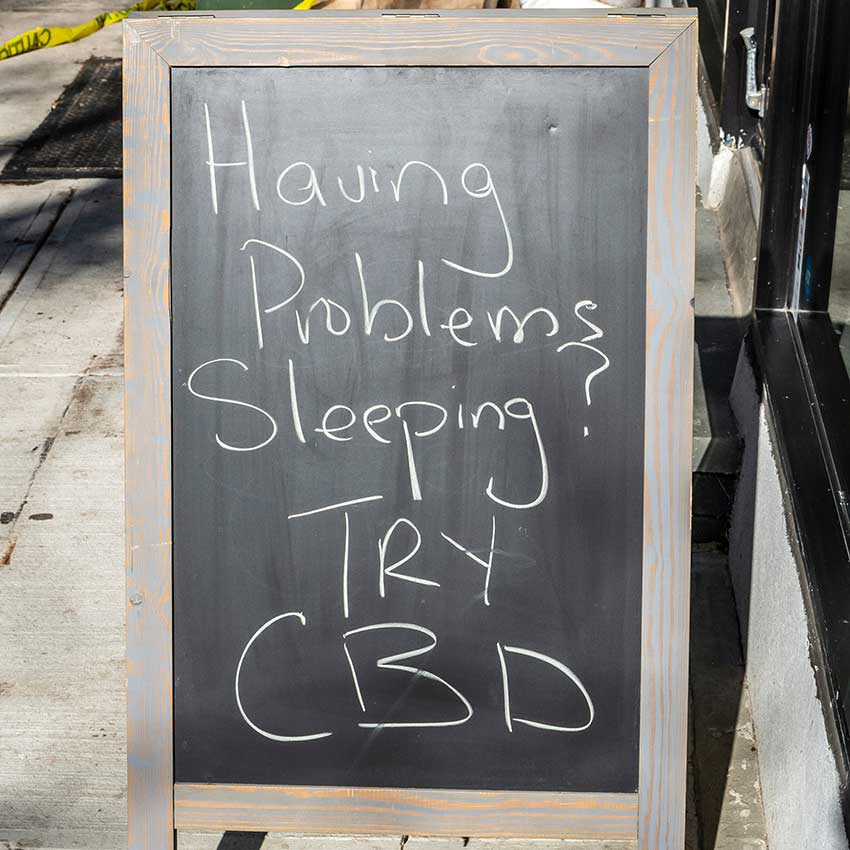
NEUROLOGICAL CONDITIONS: A Rested Mind & A Healthy Brain
The theater of the mind can be a very chaotic place with scores of thoughts fighting & shouting for your constant attention. Learning how to quiet your mind takes practice, but it’s essential to settling in for sleep each night. Maintaining positivity, good moods, and good mental health are keys to successful sleep but also for getting the most out of your day as well.
- Try to cut out alcohol, caffeine, opioids and other addictive substances from your daily intake
- Focus on your mood, your mental state, and doing what makes you happy at night (reading, listening to music, painting, drawing, cooking, other hobbies)
- Devote enough time to winding down (close your eyes, relax on the couch, take time to attune to how you’re feeling)
- Never get ready for bed in a bad mood or upset – talk to someone you love, talk to yourself, read some insightful content before bed if you’re feeling anxious/depressed/hurt
- Supplement your mental health with natural anti-anxiety, antidepressants like CBD
WORK: Work Hard, Rest Easy
It can be difficult (or impossible for some) to control the ins-and-outs on a regular workday. So, instead of trying to minimize the negative aspects that might be beyond your control you should channel your energies into boosting the positive elements of your day-to-day at work. Balancing the good with the bad, whenever it arises, is the best we can do to maintain a positive attitude while on the job. A positive outlook begets success, and a successful career will not only reward you with greater pay & benefits, but you’ll also sleep much better in the comforts of your own accomplishments.
- Screen time… cut it down! If your job is primarily spent on the computer/screens, then invest in blue light-reducing glasses or take eye supplements (beta carotene, lutein, etc)
- Make sure you take breaks during your work day, even if doing so will affect your productivity (being worn out is worse than being 15 minutes behind schedule)
- On the drive/ride/walk home, deconstruct what you accomplished/didn’t accomplish and give yourself credit for the hard work you’ve done
- Unwind with music, a cup of tea (maybe one small glass of wine), or your favorite de-stressor (cannabis or hemp products make for excellent relaxers!)
- Avoid stressful news casts, being a phone-zombie or slothing it on the couch after work – get up, get your blood pumping and do some healthy activity
- Listening to chill music, zen podcasts or positive reinforcement are excellent tools for any busy entrepreneur/business professional
- Cut down on the coffee in the morning, drink more natural energy sources like nutrient-infused water or herbal teas (mushrooms like cordyceps are a hidden gem!)

LIFESTYLE: Time Management Is Everything
Managing the time you spend working, working out or resting isn’t always easy to juggle, but it’s an essential skill to learn if you’re to have any hope of sleeping well. Setting schedules, strictly adhering to them and rewarding yourself for being consistent are excellent sleep behaviors to adopt into your routine. Take the necessary time to take care of yourself, and do your best to work hard while on the job, but as soon as the day is done devote what little time you have left to doing what makes you happy. Nonetheless, everything in moderation – if you get better at managing your time, you’ll notice you don’t need to live in excess as much because you’re content with the balance & consistency of your day-to-day.
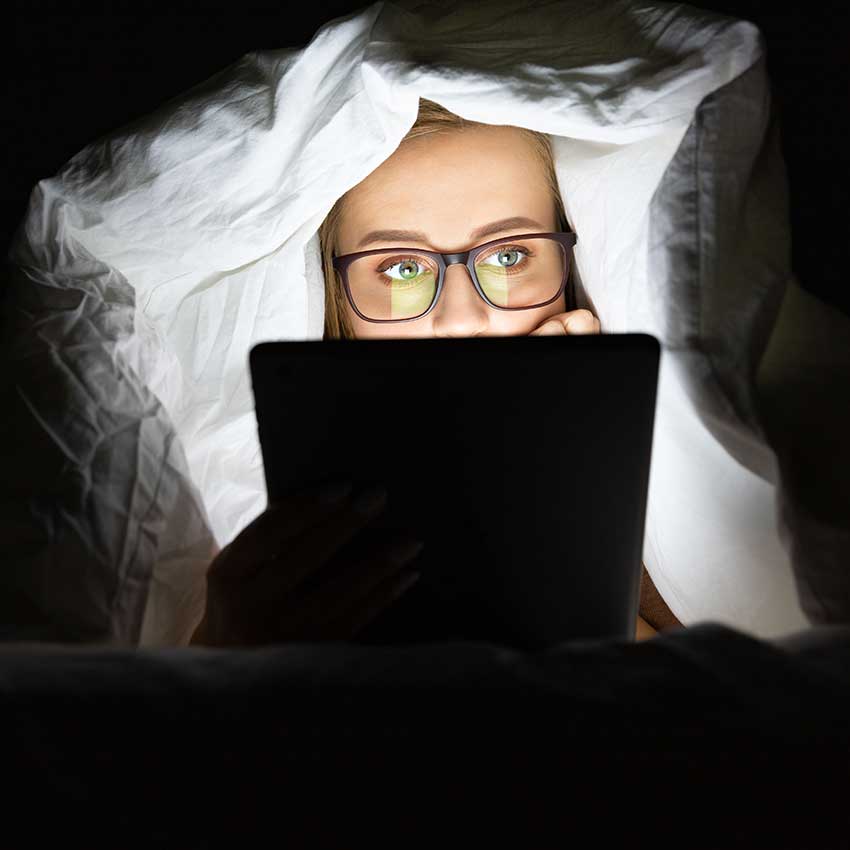
- Above all, find your comfort zone! Try to maintain a balanced ledger of enjoyment vs practicality, but whatever makes you feel safe, cozy, relaxed or calm will have the most impact on your quality of sleep
- Rely less on mind-altering substances for your own gratification and focus on just being in the moments
- Reward yourself with daily affirmations, activities and food/drink you enjoy, just not too late at night or in excess
- Spend time with friends, family and colleagues whenever suits your mood – don’t feel pressured to entertain others at your own mental/physical/emotional expense
- Down. On. Screen time! Seriously, put the phone down at night, turn the TV or computer off and read a darn book! Listen to music with your eyes closed! Meditate! Express yourself artistically each day! Go for a walk! Take yourself out of your own head and be part of the living, breathing world around you
- Create daily rituals at night time to promote a restful mind and a relaxed body – drink tea, relax in a dark room, look up at the stars… whatever chills you out
- Refrain from stressful situations, conversations, or activities that cause you anxiety in the afternoon/evening, whenever possible
- If you have a loved one/partner, set sleep routines together (intimacy, brushing teeth together, drinking tea, reading side-by-side, whatever makes you both feel content & relaxed)
- Sleep-train your body to go to bed at specific times by…
- Laying in bed an hour or more before your intended bedtime
- Stretch or do yoga in bed or in your bedroom to promote a state of relaxation
- Avoid eating/reading/watching shows in bed, this will train your body to relax/settle in bed because it is the place you get most of your sleep
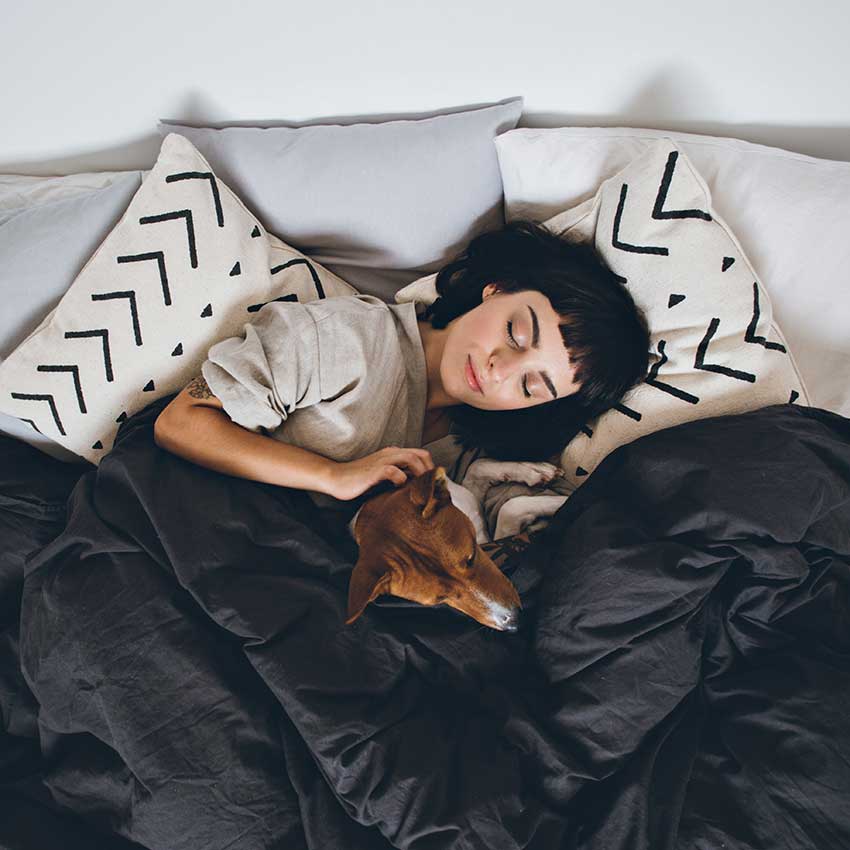
HOW TO IMPROVE SLEEP QUALITY IF YOU SUFFER FROM A SLEEP DISORDER
Have you ever wondered how to get better sleep? Of course you have, everyone struggles with sleep deprivation, insomnia, sleep resistant behaviors and anxiety brought on by lack of sleep. You may be acquainted with some of those infuriating people who can fall asleep anywhere, anytime almost at a moment’s notice.
What are these lucky people doing right that you might be doing wrong?
What is the secret, and why is it so difficult to crack the code for frequent, good quality rest?
It’s actually easy. Here’s the secret. Are you ready?… There, we just showed you. Did you miss it?! Well, just like those 3 x three word sentences, the secret to winning the sleep game is balance & consistency (we know, we said it again… but repetition leads to perfection).
Chances are you or someone you know/love suffers from one of the most common sleep disorders in the United States, which are:
- Insomnia
- Sleep Apnea
- Narcolepsy
- Restless Legs Syndrome
- REM Sleep Behavior Disorder
There are almost 100 distinct, diagnosed sleep disorders affecting millions of Americans each day, but these 5 are the most prevalent today. The age group most affected by sleep disorders like insomnia, sleep apnea, restless legs syndrome and others are adults between the ages of 45-54, at 39% impacted (The Good Body, 2018). Most children, teenagers and adults (35-40%) experience some kind of sleep deprivation condition or occasional insomnia, but these statistics are constantly on-the-rise with no end in sight.
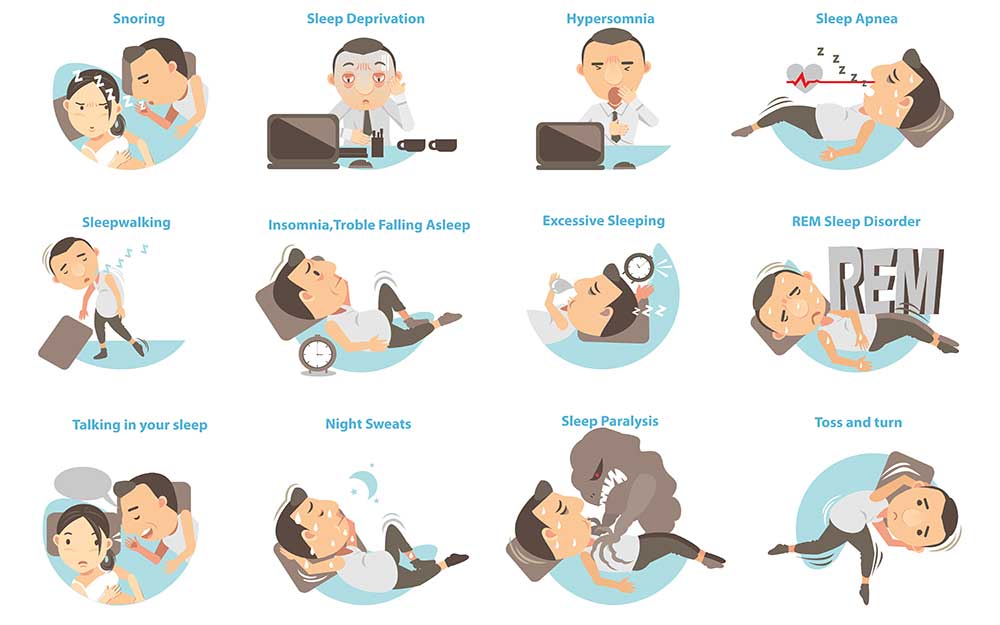
https://verlota.com/product-category/cbd-for-sleep/
Try some of Verlota’s SLEEP products for your sleep deprivation, insomnia, symptoms of sleep apnea, restless legs syndrome and more. Verlota’s all-natural lineup of CBD-infused and vitamin-enriched capsules, tinctures, gummies and sprays can make all the difference in your quest for sleep.
Also, check out our other blogs on how natural inputs like CBD, melatonin and others can improve your quality of sleep without the risks to your health from sleeping pills. When you supplement your positive sleep behaviors with all-natural sleep aids like hemp CBD you will find that snoozing is one of the easiest, most consistent parts of your day – after all, a good night’s sleep is essential for so much more than just feeling rested.
We hope this rundown of the major causes for lack of sleep and some of the simple, yet effective ways you can avoid sleep deprivation were interesting and helpful. Now, the rest is up to you – literally, go get some R&R and start feeling better!
FAQ’s
How can I sleep better at night, naturally?
There are many things you can do to improve sleep that don’t involve taking medications or pharmaceuticals. For instance, some of the best improved sleep habits involve daily exercise, drinking less caffeine, eating less snacks late at night, and getting more natural sunlight during the day. Sleeping consistent hours throughout the week – that includes avoiding sleeping in! – and creating rituals for yourself to promote consistent sleep cycles can also lead to drastic improvements in your quality of sleep. Lastly, taking natural supplements like melatonin, drinking sleepy time teas, or relying on hemp CBD before bedtime are also natural, effective ways to achieve better sleep.
What drink helps you sleep better at night?
Many people have relied on chamomile tea to help them get ready for bed, yet there are lots of other options to put you in the mood/state of better sleep. Other teas like peppermint, lavender, lemon, and decaffeinated green tea can ease your mind and relax your body, while savory cups of hot chocolate, cocoa and warm almond or coconut milk can provide you with the calm you need before bedtime. Speaking of coconuts, coconut water is just as effective and calming your muscles as it is energizing for exercise – coconut water is very high in magnesium, potassium and B vitamins, all of which help to relax your body and mind after a busy day. It might seem counterintuitive to drink fruit juice before bed, but certain juices that contain kiwis, cherries and bananas are natural sources of melatonin.
Which foods help you sleep better at night?
Most of us turn to beverages for sleep aid, but there are actually a number of foods that can be beneficial for your quality of sleep. Foods that contain healthy fats, such as nuts, fish, coconuts and avocados can support sleep through steady doses of vitamin D, omega fatty acids, magnesium and zinc – all of which play important roles in regulating your serotonin levels. Protein sources that contain tryptophan – a sleep-regulating hormone – and other natural sources of melatonin – such as cherries – are also excellent parts of a sleep-balanced diet. However, be careful not to eat too late or you’ll risk keeping yourself awake.
How do you fall asleep in 5 minutes?
Although it does not always work for everyone, a growing number of people are learning to fall asleep in 5 minutes or less. To accomplish this, you need to strike a balance between meditative routines, bedtime rituals, and sleep-supportive behaviors leading up to your bedtime. Limiting screen time hours before bed is crucial, and reducing the amount of visual or auditory stimulations can help you ease into sleep much faster. Also, sleep training techniques such as going to sleep consistently all week long will go a long way towards regulating your sleep-wake cycle. It is also best to not rely solely on substances for falling asleep, such as melatonin, teas or CBD. These are best suited to supporting sleep quality & consistency, but training yourself to fall asleep is primarily up to your good sleeping habits.
How can I trick my brain into falling asleep faster?
Using techniques like sleep resistance training and maintaining good sleep hygiene are two examples of sleep training methods that can help you force yourself to sleep. Sleep resistance involves limiting naps and intentionally staying awake in bed until a specified time that you want to be able to fall asleep at. Sleep hygiene is exactly what it sounds like – maintaining a healthy, clean and consistent sleep area, but it can also include doing things like brushing your teeth, face, hair or body as part of your nightly routine. Refreshing yourself can be essential to resetting your mind as you get ready to rest and unplug from a busy day – not to mention it can clear your mind of anxiety, stress or bad moods before nodding off.
How can I force myself to sleep consistently?
The magic word for getting consistent sleep is just that: consistency. Whether you rely on meditation, bedtime rituals, exercise, sleepy teas or sleep supplements, it’s all about being consistent with your pre-sleep routines. You have to be committed to your nighttime schedule, always going to bed at a consistent time and refraining from obsessing over insomnia, fatigue or overactive thinking. If you do your best to maintain healthy rituals before bed – drinking tea, taking hemp CBD, reading or listening to music, or getting physical exercise/stimulation – your mind & body will be synced & primed for sleep.

